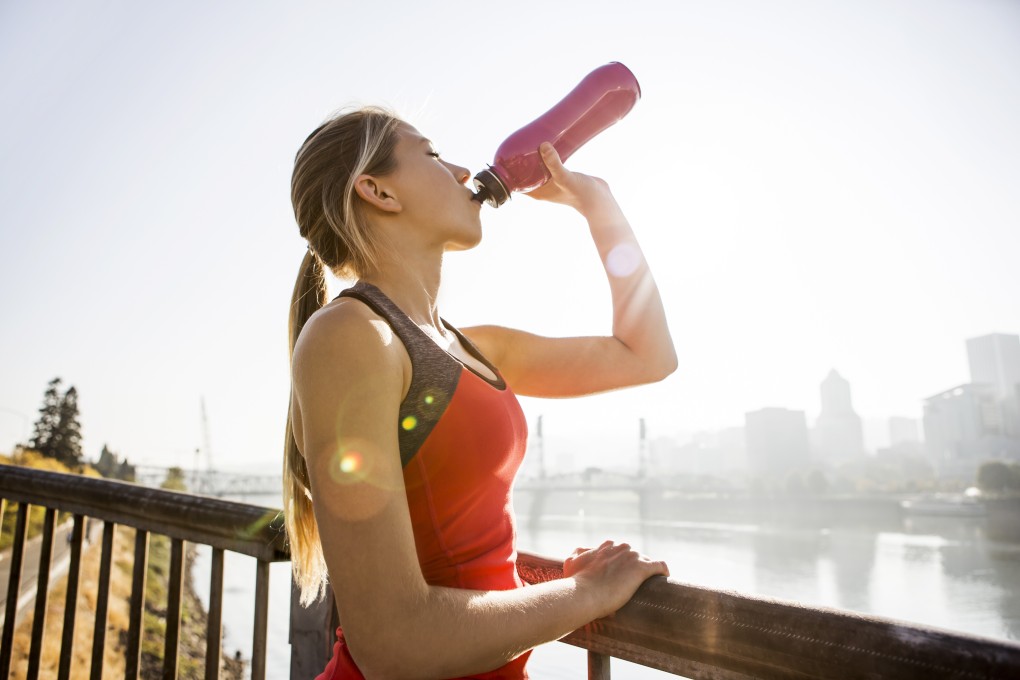Pre-workout electrolyte drinks don’t improve performance, can be dangerous, scientists say
- The promotion of electrolyte supplements as a way of preventing nausea and cramping, and improving performance, is misleading, new report says
- Longer training distances, lower body mass and avoiding overhydration said to be the most effective ways to prevent electrolyte imbalances

Electrolyte supplements popular with endurance athletes cannot be relied on to keep essential sodium levels in balance, researchers say, with longer training distances, lower body mass and avoiding overhydration the most effective ways to prevent illness caused by electrolyte imbalances.
Athletes around the world will be longing to get back to competitive racing once restrictions to halt the coronavirus pandemic are lifted. Hot weather, however, can lead to a sodium imbalance and increases the risk of cramps, dizziness and sickness in competitors.
Research published in the Clinical Journal of Sports Medicine by scientists at the Stanford University School of Medicine in California says the promotion of electrolyte supplements as a way of preventing this nausea and cramping is misleading.
“They’ve never been shown to prevent illness or even improve performance, and if diluted with too much water can be dangerous,” said Grant Lipman, professor of emergency medicine at Stanford.

Lipman and a team of researchers conducted a study on 266 ultramarathon runners from around the world competing in a 249km (155 mile) race over seven days in extreme desert conditions.